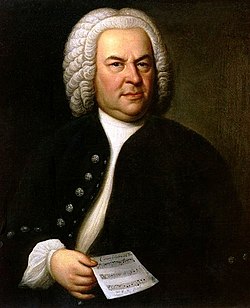The Westminster Shorter Catechism Illustrated

John Newton, image courtesy of the Cowper and Newton Museum
Our family devotions make use of the Westminster Shorter Catechism, and a couple of books that in particular help to explain and apply it. One is a book by Starr Meade, published by P&R Publishing, titled Training Hearts, Teaching Minds; the other, an old hardback published by Banner of Truth, is titled The Shorter Catechism Illustrated by John Whitecross.
We use the Whitecross book each Sunday evening to complete the seventh element. (Starr Meade’s book has six readings for the week.)
Explaining the Shorter Catechism in short readings, the book by Whitecross includes a number of fascinating and often memorable anecdotes and illustrations. Often putting a truth into an anecdote can help fasten it in one’s memory. Instructing a pre-teen child requires careful attention to resources such as this, especially when terms such as “Justification” and “Sanctification” can so easily be misunderstood.
Earlier this year, we read the section on sanctification:
Q: What is sanctification?
A: Sanctification is the work of God’s free grace, whereby we are renewed in the whole man after the image of God, and are enabled more and more to die unto sin, and live unto righteousness.
Read and Enjoy This Excerpt
Consider the following illustration that Whitecross recounts of John Newton as he illustrates the matter of sanctification:
Two or three years before John Newton’s death, when his sight was become so dim that he was no longer able to read, an aged friend and brother in the ministry called on him to breakfast. Family prayers following, the portion of Scripture for the day was read to him. It was taken from Bogatsky’s Golden Treasury: “By the grace of God I am what I am.” It was the passage read. After the reading of this text, he paused for some moments, and then uttered the following affecting soliloquy:
“I am not what I ought to be. Ah! how imperfect and deficient. I am not what I wish to be. I abhor what is evil, and I would cleave to what is good. I am not what I hope to be; soon, soon, I shall put off mortality, and with mortality all sin and imperfection. Yet, though I am not what I ought to be, nor what I wish to be, nor what I hope to be, I can truly say, I am not what I once was–a slave to sin and Satan; and I can heartily join with the apostle, and acknowledge, ‘By the grace of God I am what I am.” Come, let us pray.”
More on This Resource
(More from Whitecross here or you may read from an earlier [less typographically attractive] Google eBook here.)
Now You’ve Read the Article, View the Movie!
After preparing this post, I discovered this YouTube clip. Enjoy!









Recent Comments